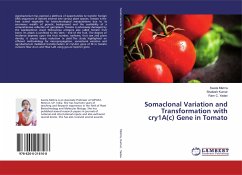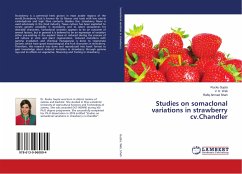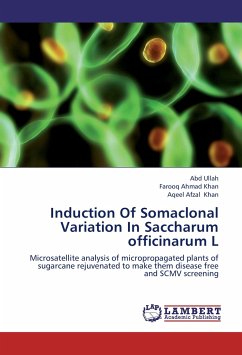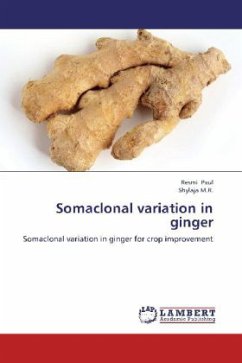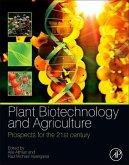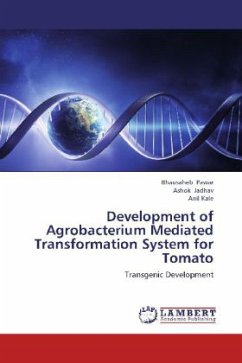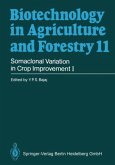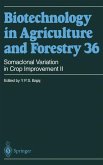Agrobacterium has opened a plethora of opportunities to transfer foreign DNA sequences of desired interest into various plant species. Tomato is the best suited vegetable for biotechnological manipulations due to its enormous wealth of genetic background and the availability of a comprehensive collection of germplasm. Tomato is extensively damaged by the Lepidopteron insect Helicoverpa armigera also called tomato fruit borer. Its attack is confined to the stem - end of the fruit. The degree of incidence depends upon the fruit number, earliness, fruit size and plant density. It causes heavy reduction in yield.This study highlighted an efficient methodology for micropropagation, somaclonal variation and agrobacterium mediated transformation of cry1A(c) gene of Bt in tomato cultivars Hisar Arun and Hisar Lalit using gus as reporter gene.
